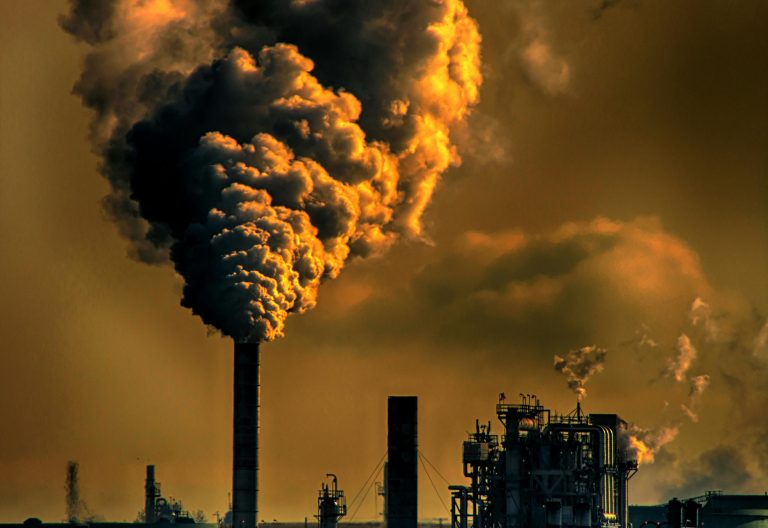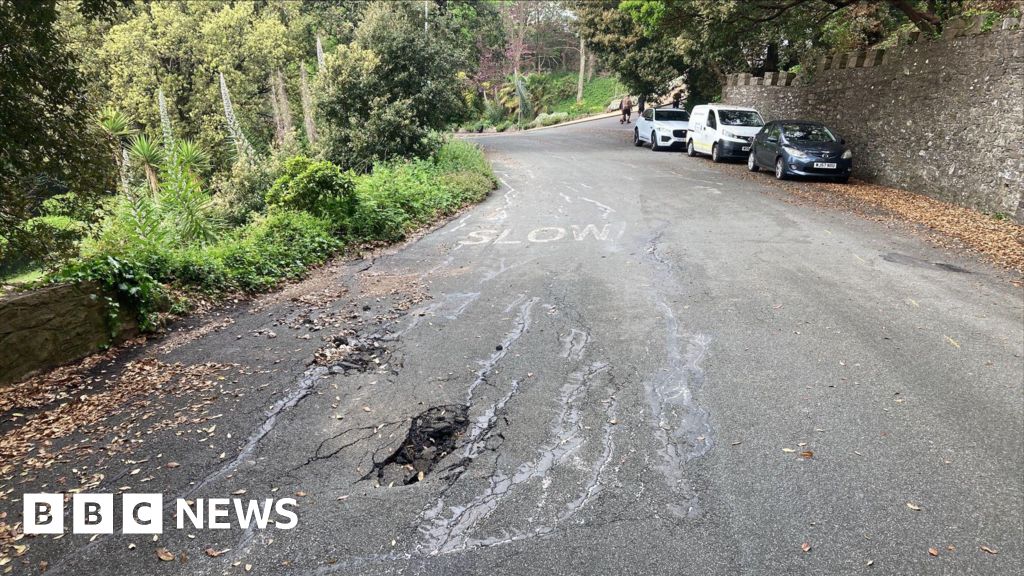Negotiators ban hazardous chemicals amid challenges
Friday 16th May, 2025 06:20 AM|

Negotiators meeting as Conferences of the Parties (COPs) to the Basel, Rotterdam and Stockholm (BRS) conventions last week adopted a series of decisions that seek to protect human health and the environment from hazardous chemicals.
These decisions, however, were challenged by the complexities of modern supply chains and the economic importance of chemicals and wastes
Meeting in Geneva, Switzerland under the theme ‘Make Visible the Invisible’, the negotiations followed mounting concerns that hazardous chemicals are flooding the Earth. The proliferation of these compounds is one of the most troubling markers of the planet-wide pollution crisis.
Approximately 1,190 representatives from 191 states and ten representatives not party to any of the three conventions attended the 17th COP to the Basel Convention, 12th COP to the Rotterdam Convention, and the 12th COP to the Stockholm Convention, alongside 95 representatives from 29 United Nations agencies and over 300 representatives from 140 observer organisations.
Adopted between 1989 and 2001, the Basel, Rotterdam and Stockholm conventions are three closely related international agreements designed to protect people and the environment from hazardous chemicals and waste. Countries that have ratified or otherwise accepted the agreements meet every two years.
Delegates to the BRS in Geneva debated a recommendation from a scientific review panel that calls for parties under the Stockholm Convention to eliminate the use of three long-lasting chemicals that build up in humans and other living things. They are chlorpyrifos, an insecticide, some chlorinated paraffins, which are used in adhesives, and long-chain perfluorocarboxylic acids, often found in stain repellents.
Hazardous chemicals and wastes pose invisible dangers to health, the environment, and economic growth, according to a report in the latest issue of International Institute of Sustainable Development’s Earth Negotiations Bulletin.
Increasingly complex chemicals, such as persistent organic pollutants (POPs) or “forever chemicals”, are used in a wide range of products, from industrial applications to everyday household items.
According to the report, only a small fraction of chemicals currently on the market have been assessed for their risks to human health and the environment. Wastes move across borders without a full understanding of what the shipment contains, or if the wastes include harmful metals or chemicals.
While global chemical manufacturing is increasing at the rate of about 3.5 per cent per year, on track to double by 2030, and increasingly concentrated in the Global South, the human health effects alone are estimated to cost up to 1 per cent of the gross domestic product (GDP) of China, India and Nigeria. These estimates do not include the informal sector, which is disproportionately exposed.
The Basel Convention’s decisions include revising disposal operations, which defines “waste” under the convention and helps importing and exporting countries track and regulate what happens to waste.
Negotiators to the convention also adopted a strategic framework to help countries collectively work towards a set of objectives and monitor their progress. New work will consider how the Basel Convention can address textile waste, a growing stream of particular importance to the Global South.
The Rotterdam Convention’s COP agreed to list two substances under the prior informed consent procedure, which will now include carbosulfan, a pesticide, and fenthion ultra-low volume formulations, a severely hazardous pesticide formulation.
The adoption of the move is expected prevent countries from exporting those chemicals to other nations without prior informed consent, a procedure originally designed to stop toxic dumping in the developing world.
Negotiators, however could not agree to list several other chemicals, including mercury, methyl bromide, and chlorpyrifos, which are already governed by other international conventions. The COP also adopted a decision to improve its effectiveness, largely centring on activities to facilitate effective participation of all members of the Chemical Review Committee, which recommends chemicals for listing.
The Stockholm Convention’s COP agreed to list three new persistent organic pollutants (POPs). Production and use of the pesticide chlorpyrifos will be eliminated, but with a long list of time-limited specific exemptions to that ban.
Two complex groups of industrial chemicals were also listed in elimination with specific exemptions – long-chain perfluorocarboxylic acids, used for their ability to repel water, oil, dirt and grease; and medium-chain chlorinated paraffins, used to make plastics flexible and durable, among other applications.
In a first-ever case, the COP agreed to reopen UV-328 listing to allow for a new specific exemption use in water sealant tape and adhesives for the aircraft industry. Many stressed that this cannot set a precedent.
According to the United Nations Environment Programme (Unep), chemicals and pollution action matter. Chemicals are integral to our everyday life, but they also have major impacts on the environment and human health.
With the world population currently estimated at 8.2 billion, the sound management of chemicals and waste is becoming ever more important. Why does chemicals and pollution action matter?
Unep promotes joint approaches to environment and health that demonstrate the economic, environmental and health advantages of sound chemical management for all. The objective is to stimulate policies and investment that reduce chemical risks to health and environment.
A Unep study found between 40,000 and 60,000 chemical compounds are regularly used in commercial products, from fertilisers to electronics. The Geneva talks are expected to raise awareness about the safe and sustainable need for sound management of chemicals and the risks of chemical pollution from exposure to harmful chemicals amidst an expected growth of the chemicals industry, which is projected to reach US$10 trillion in value by 2030.
Discussions are also considering how to push forward the implementation of the Global Framework on Chemicals, an overarching 2023 agreement designed to protect the planet from chemicals and waste.
Speaking at the conference on accelerating action on chemicals, waste and pollution management, Unep Executive Director Inger Andersen said when waste is not managed environmentally, people and planet pay the price.
“And while chemicals play an important role in our societies, when improperly managed they drive the triple planetary crisis – the crisis of climate change, the crisis of nature biodiversity and land loss, and the crisis of pollution and waste,” she said.
Sustainable solutions to the triple crisis, Andersen noted, arise from multilateral environmental agreements, such as the BRS conventions, which protect human health and the environment from the risk of exposure to hazardous chemicals and wastes.
The BRS conventions play a critical role across the spectrum of conventions and other frameworks, from the UN Convention on Biodiversity (CBD) and its Kunming-Montreal Global Biodiversity Framework (GBF), to the Global Framework on Chemicals.
These are linked to the instrument to end plastic pollution and the Science Policy Panel on chemicals, waste and pollution prevention – both under negotiation. The Geneva meeting considered ways to expand and strengthen solutions through the BRS conventions, in the areas of pollution control, circularity and financing.
The BRS COPs reaffirmed their commitment to implementation, particularly given rising pollution levels, pesticide use, and challenging geopolitics.
Ministers discussed pollution, circularity, and means of implementation, stressing the need to raise the profile of chemical and waste pollution, and to support developing countries in their efforts to promote safe management and eliminate POPs.
You Might Also Like
For these and more credible stories, join our revamped Telegram and WhatsApp channels.












